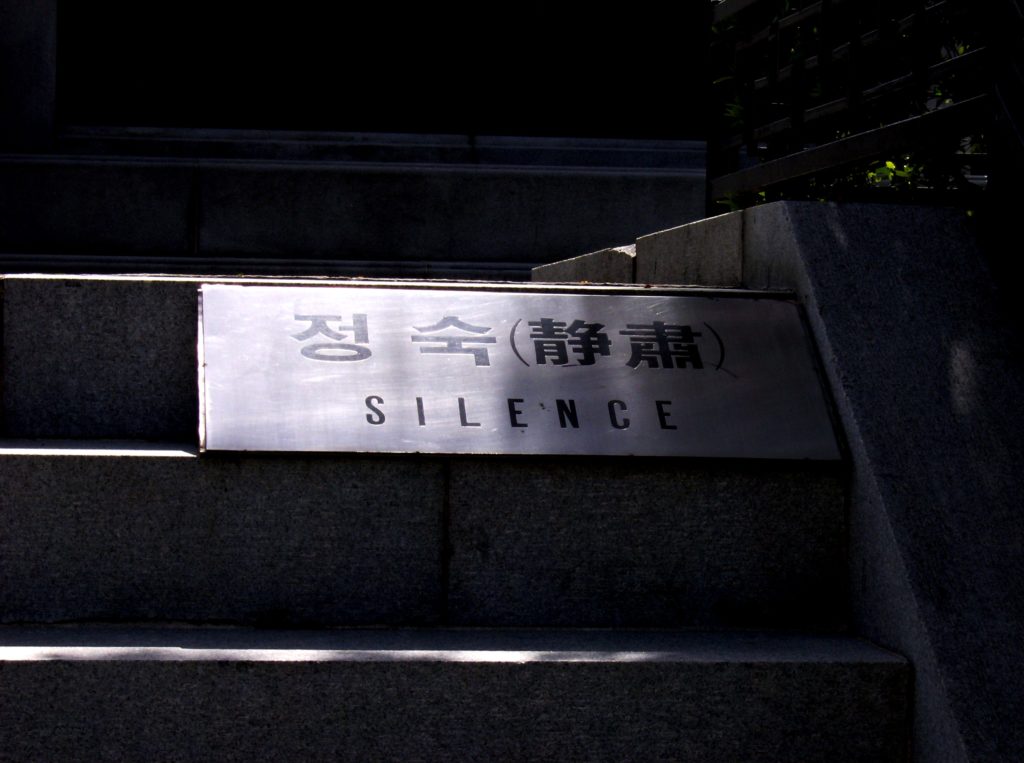Life Among the Humans
“I see you are alone, so you are not busy.” False. One is never busier than when alone, for then one is surrounded by the incessant demands of all those complex ideas and secret projects that tend to sit quietly in dark corners and leave you to your own devices when you are in the company of humans.
“Are you busy this weekend?” “Yes, I have a book to read.” Why is this answer utterly unacceptable and offensive? Because it implies that a book, which is to say the deep and intimate conversation we wish to enjoy with another mind, is more important than whatever diversion or chatter the intruder was hoping to propose — an implication which is deeply insulting to one for whom diversion and chatter are primary activities.
Two trivialities.– In a relationship essentially consisting of serious conversation and shared development, light conversation and frivolous activity can be a pleasant rest and charming refreshment. By contrast, a relationship that is essentially built on lightness and frivolity is an absolute negative, a waste of irretrievable time and energy. In the former case, a little triviality is a comforting reminder of the wholeness of human connection, a satisfying spiritual confection with which thoughtful companions revel in their good fortune in having such a well-matched friend. In the latter case, triviality exists not as a balm of the soul, but rather as embalming fluid, hardening life into an empty, dried-out shell of the real thing.
The rule for loners, i.e., thinkers.– As far as practically viable, reduce one’s relations to those in which something of one’s essence may be shared without simultaneously feeling violated or corrupted — in which the sharing of some of one’s essence is the defining purpose of the association; meanwhile, eliminate or marginalize, as far as possible, all relations in which one is aware of having to shield and protect one’s essence against violations or corruptions.
“Don’t you want to join us?”
“No, I don’t.”
Franz Kafka recounts that little midnight tavern exchange in his diary, clearly preserving it with pride. It is the pride of the sensitive loner who has finally mustered the everyday courage to do what we are all trained not to do, namely to be rudely honest. But why should this straightforward and sincere response — “No, I don’t” — be considered rude in the first place? After all, does not a man with things on his mind have the right to demand some privacy, even from friendly acquaintances who stumble upon him and offer their companionship? Must he forever be rude to his own reason and spirit merely in order to avoid the appearance of effrontery and unsociability before others? Where lies his primary duty? With the needs of “social nicety” or with the needs of his soul?
The person to whom you can say, without fear of giving offense, that you wish to be alone with your thoughts today, is the true friend.
The person with whom you may spend time without feeling that you are sacrificing having private thoughts today, is the true friend.



